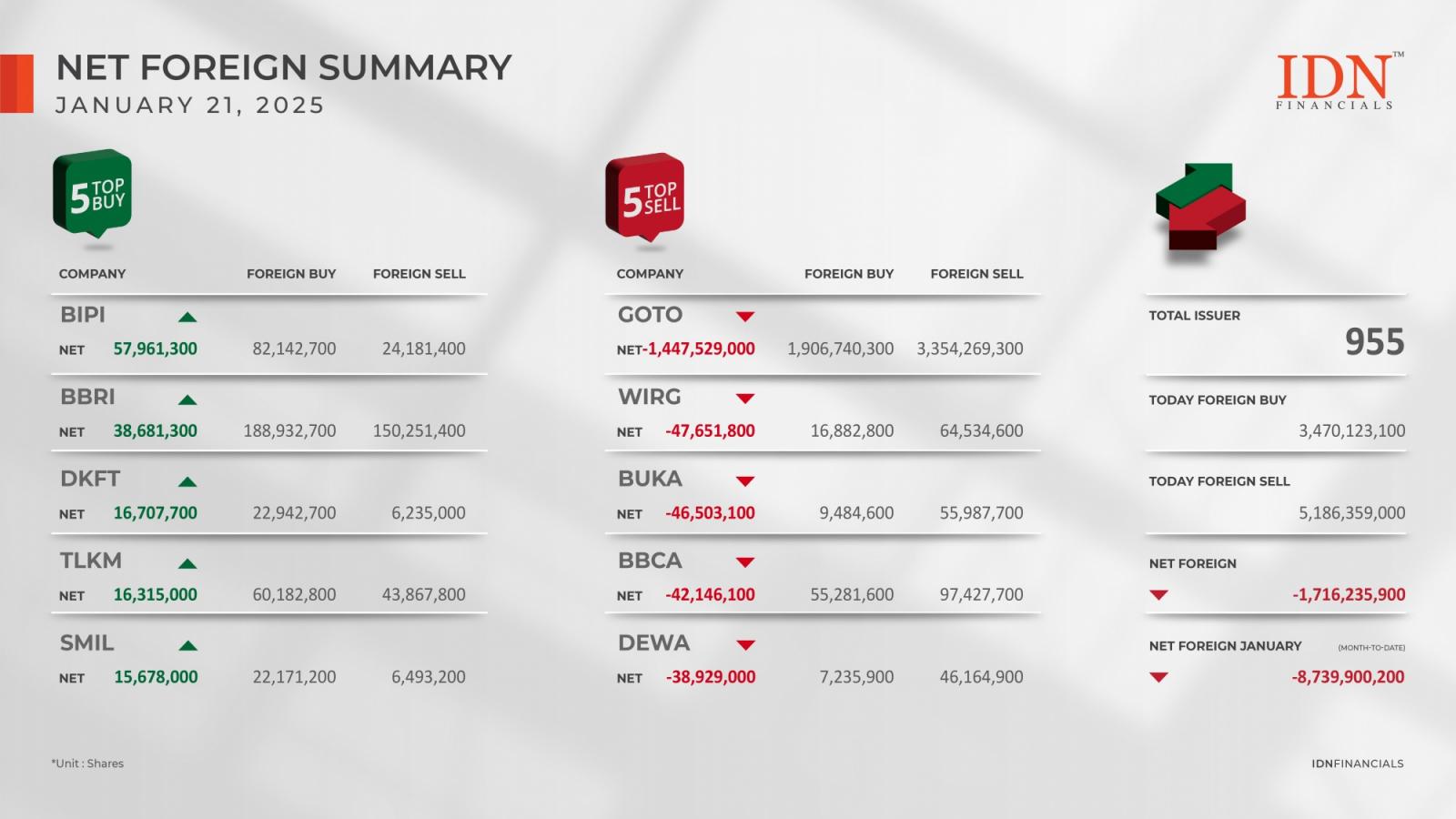Bitcoin spot exchange-traded funds (ETFs) continue to attract significant investor interest as they record thirteen consecutive days of net inflows.
On May 30, the total net inflow for Bitcoin spot ETFs reached $48.706 million, according to data from SoSo Value.
Grayscale ETF GBTC experienced no outflows on that day, while Fidelity ETF FBTC witnessed an inflow of $119 million.
The historical net inflow for Bitcoin spot ETFs has now surpassed an impressive $13.809 billion, underscoring the sustained growth and popularity of these investment options in the cryptocurrency market.
The total net inflow of Bitcoin spot ETFs on May 30 was $48.706 million, with net inflows for thirteen consecutive days. Grayscale ETF GBTC had a single-day outflow of $0.00. Fidelity ETF FBTC had a single-day inflow of $119 million. The historical net inflow of Bitcoin spot ETFs…
— Wu Blockchain (@WuBlockchain) May 31, 2024
BlackRock’s ETF Flips GBTC
Earlier this week, BlackRock’s iShares Bitcoin Trust took the lead as the world’s largest fund for Bitcoin, accumulating nearly $20 billion in total assets since its listing in the United States earlier this year.
On Tuesday, the exchange-traded fund held $19.68 billion worth of Bitcoin, surpassing Grayscale Bitcoin Trust’s $19.65 billion.
Fidelity Investments holds the third-largest spot with an $11.1 billion offering.
The launch of BlackRock’s Bitcoin ETF, along with Fidelity’s, was part of a group of nine funds that debuted on January 11, coinciding with Grayscale’s conversion into an ETF.
The approval of spot Bitcoin ETFs marked a significant milestone for the crypto industry, making Bitcoin more accessible to investors and sparking a rally that saw the token reach a record high of $73,798 by March.
Since its launch, the iShares Bitcoin Trust has attracted the highest inflow, totaling $16.5 billion, while investors have withdrawn $17.7 billion from the Grayscale fund during the same period.
Bitcoin ETFs Among Most Successful Funds in History
Bitcoin ETFs have emerged as one of the most successful categories of ETFs, amassing a total of $58.5 billion in assets.
These funds have experienced remarkable growth, fueled by the quadrupling of Bitcoin’s value since the start of last year.
While Bitcoin ETFs have proven to be lucrative investments, critics raise concerns about the suitability of volatile digital assets for widespread adoption, even within the structure of ETFs.
Some countries, including Singapore and China, have implemented restrictions or outright bans on investor access to cryptocurrencies, highlighting the regulatory challenges faced by these investment vehicles.
Despite the success of Bitcoin ETFs, Vanguard Group, the world’s second-largest asset manager, has firmly stated its lack of plans to offer any crypto-related products, emphasizing the cautious approach taken by some institutions in the face of digital asset market volatility.
The positive momentum for cryptocurrency ETFs extends beyond Bitcoin.
Last week, the SEC also signaled its willingness to allow ETFs for Ether, the second-largest cryptocurrency by market value.
On May 23, the SEC officially approved 19b-4 applications from VanEck, BlackRock, Fidelity, Grayscale, Franklin Templeton, ARK 21Shares, Invesco Galaxy, and Bitwise for issuing spot Ether ETFs.
Notably, several ETF issuers removed staking from their final amendments.
As reported, analysis firm Kaiko has said that Grayscale’s forthcoming spot Ethereum ETF may face significant outflows, potentially averaging around $110 million per day.



